According to the Ministry of Finance , there are people taking advantage of preferential policies, creating lists of residents, then collecting tax-free standards to import large shipments and then reselling them.
Voters in Quang Ninh province recently sent a proposal to the Ministry of Finance to raise the tax-free goods level for border residents who are Vietnamese citizens and have permanent residence in border areas. This is to ensure the equivalent value of tax-free goods between Vietnamese and Chinese border residents.
In response to this issue, the Ministry of Finance said that Vietnam has many incentives for the purchase and exchange of goods by border residents. Goods included in the list and quota for production and consumption will be exempt from tax.
In case of buying, selling and transporting goods within the quota but not used for production or consumption by border residents, tax must be paid.
Border residents are Vietnamese citizens with permanent residence in border areas, and those with residence permits who purchase and sell goods are exempt from tax with a value not exceeding VND 2 million per person per transaction per day; and not exceeding 4 transactions per month. Accordingly, each resident is exempt from tax with a maximum value of VND 8 million per month, equivalent to VND 96 million per year.
The Ministry of Finance assessed that this tax exemption level is higher than the average monthly income per capita of people in most localities in border areas with particularly difficult economic conditions such as Lai Chau, Dien Bien, Gia Lai...
According to the Ministry of Finance, this regulation helps expand trade exchanges for people on both sides, but also reveals some shortcomings such as difficulties in quarantine management, inspection, control of import and export goods, and prevention of trade fraud. Notably, there is the phenomenon of taking advantage of preferential policies, creating lists of residents, then collecting tax-free standards to import large shipments and then reselling them.
In addition, the Ministry of Finance said that the goods on the list of goods for sale and exchange are all domestically produced. The State has a policy of encouraging people to use domestic goods.
Raising the above issue can encourage border residents to use imported goods; At the same time, it affects the implementation of solutions to promote official import and export.
Currently, the Ministry of Industry and Trade has proposed to the Government to amend, including reducing the tax exemption limit and the value of imported goods in the form of purchase and exchange by residents.
Furthermore, to promote official import and export, the special preferential tax rate for most goods in the agreements of which Vietnam and China are members is basically 0%.
According to the Ministry of Finance, the tariff rates in the ASEAN-China trade agreement have completed their reduction obligations by 2020. Of which, about 90% of items in the list of goods traded by border residents are enjoying a 0% tax rate.
Therefore, the Ministry of Finance believes that the issue of increasing the value of tax-free goods for border residents needs to be carefully evaluated, taking into account all factors such as usage needs, income, living standards of border residents, and limiting trade fraud.
Duc Minh
Source link




![[Photo] Party and State leaders visit former President Tran Duc Luong](https://vphoto.vietnam.vn/thumb/1200x675/vietnam/resource/IMAGE/2025/5/24/960db9b19102400e8df68d5a6caadcf6)


![[Photo] Ho Chi Minh City holds funeral for former President Tran Duc Luong](https://vphoto.vietnam.vn/thumb/1200x675/vietnam/resource/IMAGE/2025/5/24/9c1858ebd3d04170b6cef2e6bcb2019e)
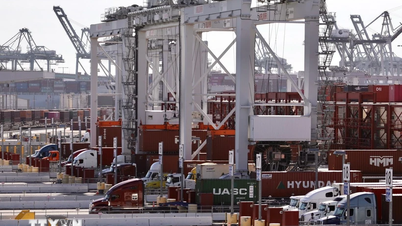

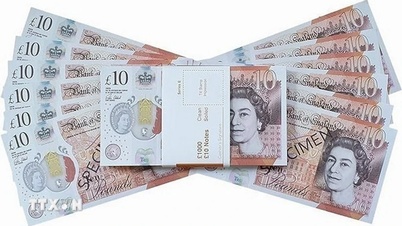
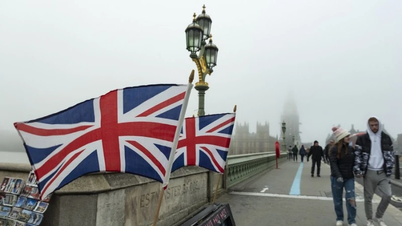

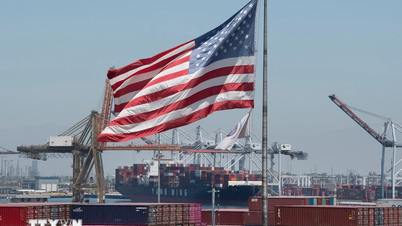


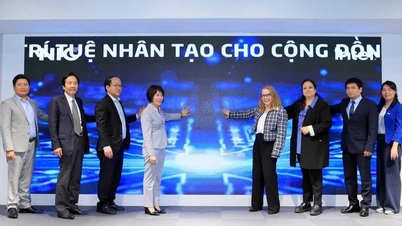
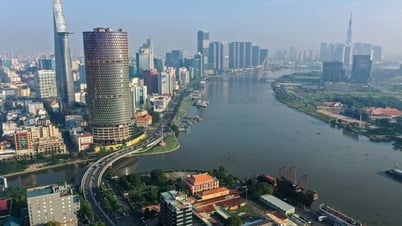

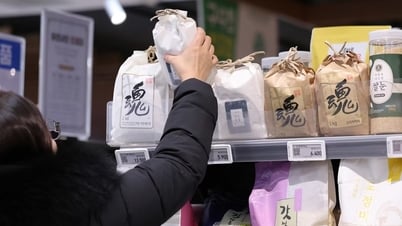


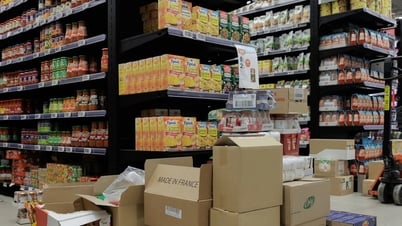
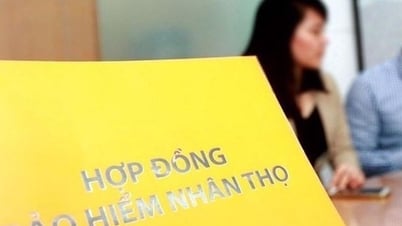
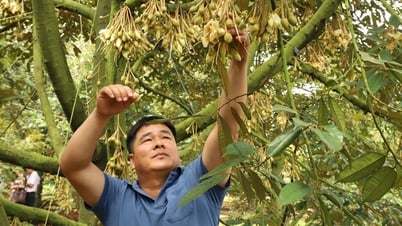










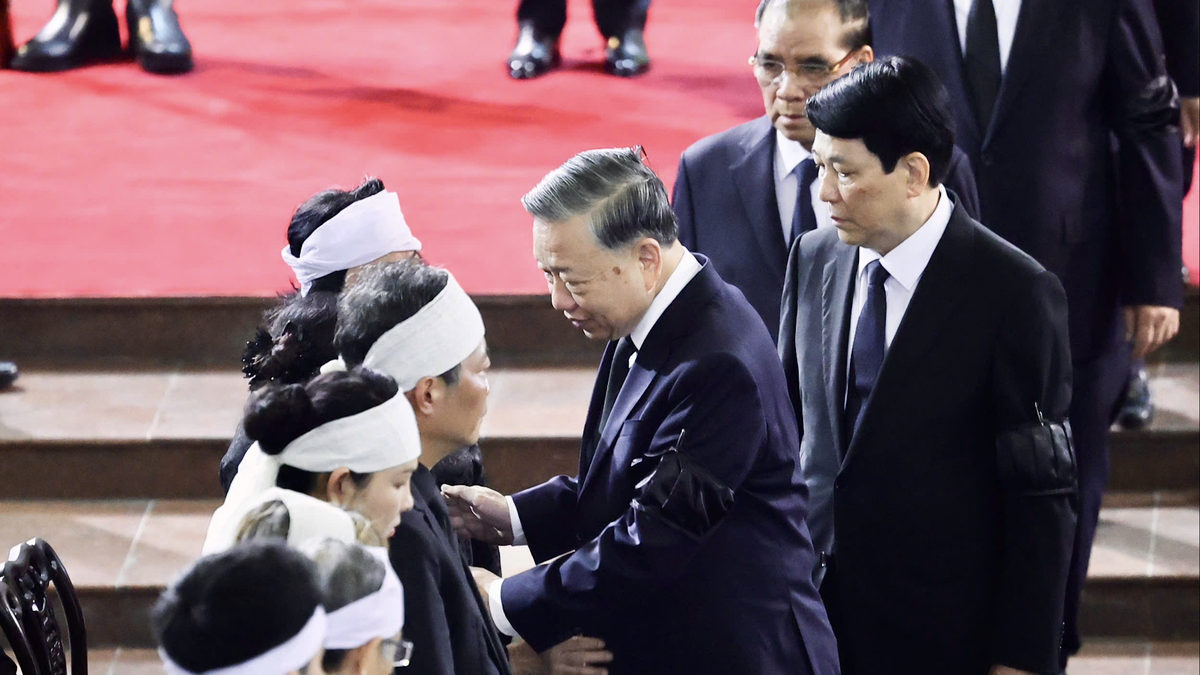
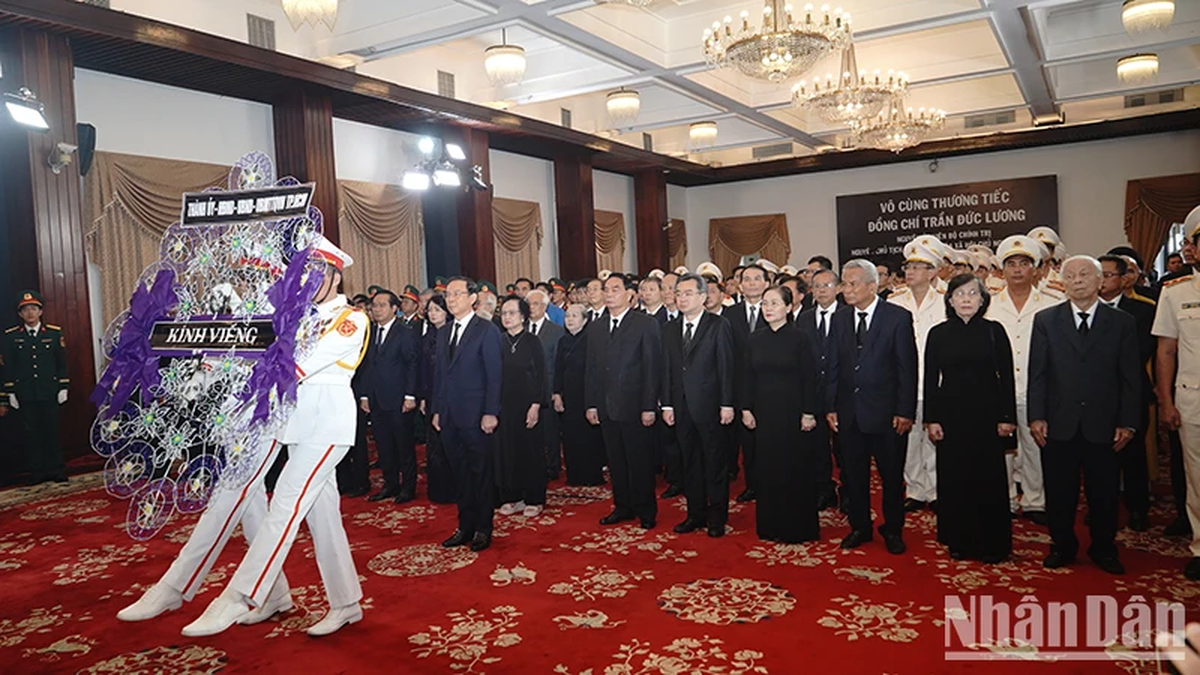


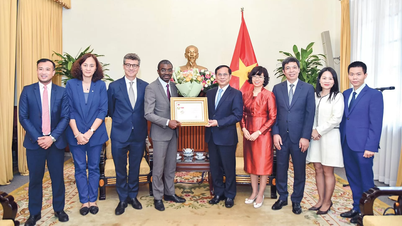







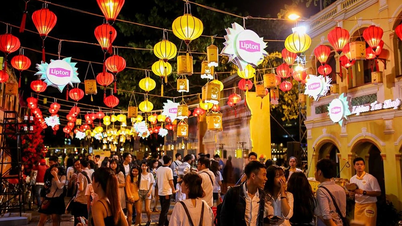

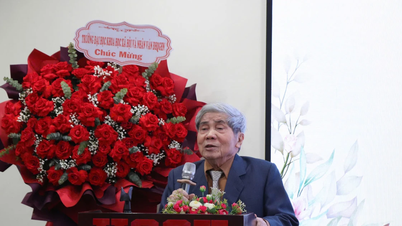


















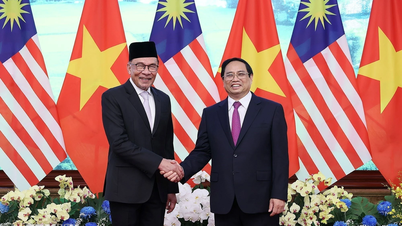
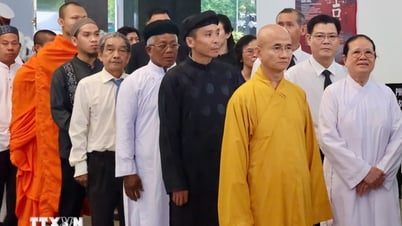

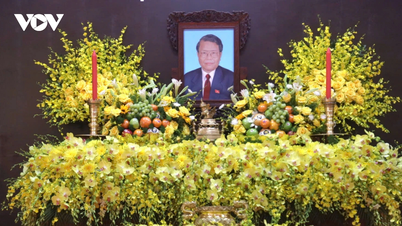
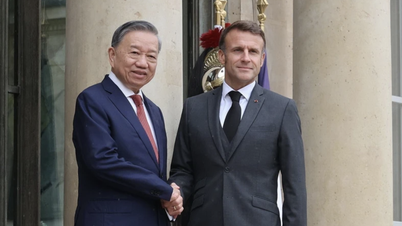
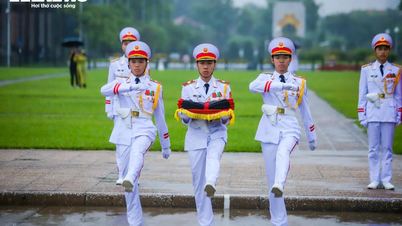










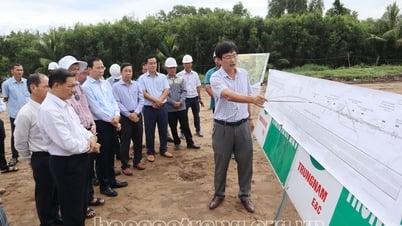

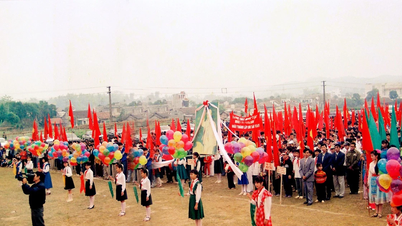



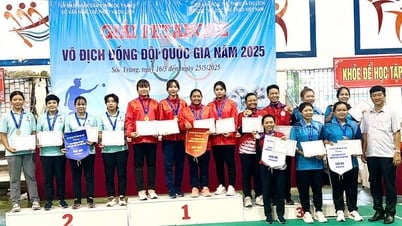












Comment (0)